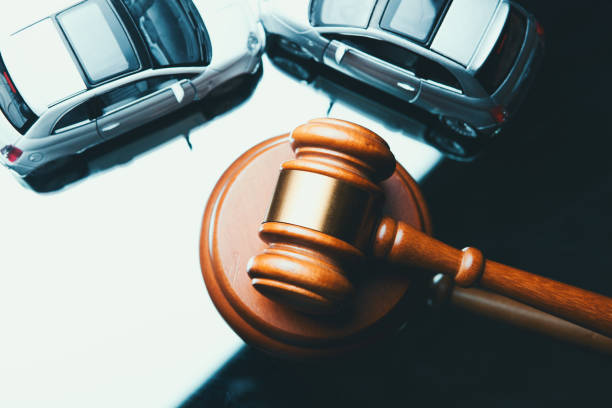How to Verify Car Ownership Before Bidding?

When participating in a car bidding process, whether at an auction or through an online platform like Famewheels, verifying car ownership is a crucial step to ensure you are making a legitimate purchase. This process helps protect you from potential fraud and ensures that you are buying a vehicle from the rightful owner. Here’s a guide on how to effectively verify car ownership before placing your bid.
- Request the Vehicle Identification Number (VIN)
The first step in verifying car ownership is to request the Vehicle Identification Number (VIN). This unique code serves as the car’s fingerprint, containing essential information about the vehicle. Here’s how to use the VIN:
- Locate the VIN: The VIN is typically found on the dashboard near the windshield, on the driver’s side door frame, or in the engine compartment.
- Check Authenticity: Ensure that the VIN on the documents matches the VIN on the vehicle. Any discrepancies may indicate potential issues.
- Examine the Title Document
The title document is a legal document that proves ownership of the vehicle. When bidding, ask the seller for the title and check the following:
- Title Status: Verify that the title is clean (not salvaged or rebuilt) and free of liens. A lien means that a financial institution still has a claim on the vehicle.
- Matching Information: Ensure that the name on the title matches the name of the seller. If there’s a difference, request additional documentation or clarification.
- Request a Vehicle History Report
A vehicle history report provides crucial insights into the car’s past, including ownership history, accidents, and title status. You can obtain a report through services. Look for the following:
- Number of Previous Owners: A high number of previous owners may raise concerns about the vehicle’s reliability.
- Accident History: Any reported accidents can indicate potential issues that may not be visible during an inspection.
- Title Issues: Check for any discrepancies in the title history, such as salvage titles or reports of theft.
- Verify Seller Information
Whether you are dealing with a private seller or a dealership, it’s essential to verify their identity and credibility. Here are some steps to consider:
- Request Identification: Ask the seller for a copy of their government-issued ID. Ensure that the name matches the title.
- Check Online Reviews: If purchasing from a dealership, look for customer reviews and ratings to gauge their reputation in the market.
- Use Government Resources
Many governments offer resources to help verify car ownership and registration. In Pakistan, for instance, you can check the Excise and Taxation Department’s website or visit local offices to confirm the following:
- Registration Status: Ensure that the vehicle is registered in the seller’s name and that all taxes are paid.
- No Outstanding Violations: Check for any outstanding fines or violations associated with the vehicle.
- Conduct a Physical Inspection
Before bidding, arrange for a physical inspection of the car. During the inspection:
- Check Ownership Documents: Request to see all relevant documents, including the title, registration, and maintenance records.
- Inspect the Vehicle: Verify the VIN and look for any signs of tampering or discrepancies.
- Engage a Professional
If you’re unfamiliar with the process or the specific vehicle, consider hiring a professional mechanic or a vehicle inspector to assist you. They can help:
- Conduct a Thorough Inspection: Ensure that the vehicle is in good condition and matches the documentation.
- Verify Ownership: Professionals can often spot red flags that might go unnoticed by a buyer.
- Be Cautious of Red Flags
While verifying ownership, be on the lookout for potential red flags, such as:
- Reluctance to Provide Documentation: If the seller hesitates to share the title or other documents, consider it a warning sign.
- Inconsistent Information: If the seller’s story doesn’t match the documentation, it’s best to walk away.
- Too Good to Be True Offers: If the deal seems too good to be true, it likely is. Always approach such offers with caution.
Conclusion
Verifying car ownership before bidding is an essential step in the buying process. By following these guidelines, you can protect yourself from potential fraud and ensure that you’re making a wise investment. Take your time, do your due diligence, and approach the bidding process with confidence. This way, you can enjoy the excitement of acquiring a new vehicle without the worries of ownership disputes or hidden issues.




